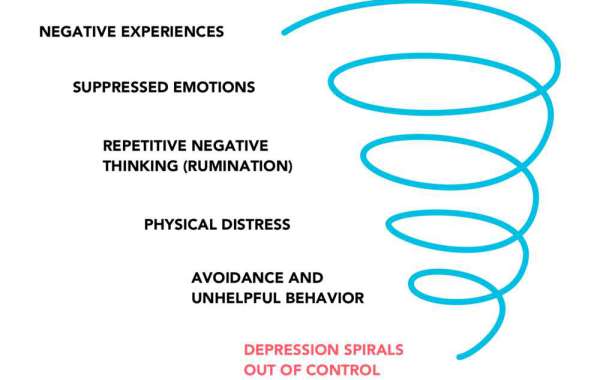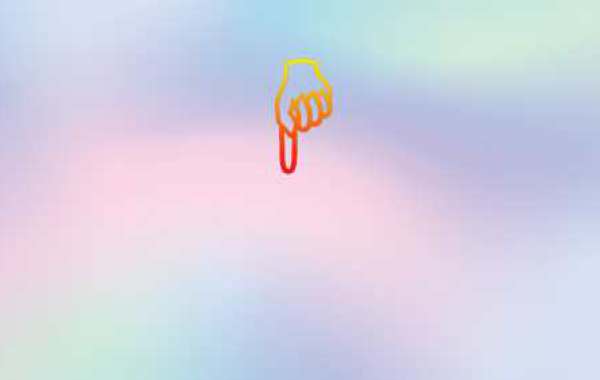Understanding the Downward Spiral Of Depression can help you deal with your depression more effectively. While there is no magic pill or quick fix for depression, understanding the pattern and how to navigate it can help you find some relief. Here are some tips to navigate the cycle. Don't feel alone. Seek help for depression and stay motivated. Don't lose hope, because there are many resources available. Reach out for help.
Reznor's experience
Trent Reznor's Downward Spiral Of Depression is a profoundly personal document of his experience with the disease. While the story's plotline is cynical and unreliable, the lyrics reveal the author's experience of depression and self-loathing. After all, not everyone experiences depression the same way. In fact, many people who suffer from depression are not aware that they can actually turn to music to ease their suffering.
Chris Cornell's
Chris Cornell's Downward Spiral of Depression was recently re-surfaced, highlighting an interview with the rock star, who talked about his long battle with depression. In the interview, Cornell said that he was "addicted to the pain." We live in such a selfish world that the constant feeling of depression is almost a comfort. Nevertheless, he had a point.
Chester Bennington's
As an artist, Chester Bennington has opened up about his struggles with alcohol, drugs, and abuse. He gave a candid interview to Los Angeles radio station 102.7 KIIS-FM last February. It is arguably the most detailed account of the artist's downward spiral. Those who know Bennington well will understand how much he struggled with mental illness. But it is important to remember that he's not alone. Many other artists are suffering from similar issues.
Blaine Butler's
This documentary follows the life and death of 39-year-old research scientist Blaine Butler. He had been diagnosed with depression in 2002, two weeks after he was discharged from a hospital. When he first fell ill, Blaine's family tried to ignore the warning signs. One day on Christmas Eve, Blaine wore a sad face with one eye open. He kept wiping his hands. Eventually, he stopped going to classes and started working two jobs to make ends meet.
Triggers
Although it may seem impossible to identify triggers for depressive episodes, you can learn to recognize the symptoms of relapse in your own life. A study published in the British Journal of Psychiatry showed that stressful events like death, divorce, or job loss can be triggers for depressive episodes. Furthermore, the anniversaries of these events can also trigger depression episodes. So it is vital to identify triggers for yourself in order to avoid relapsing.
Cognitive therapy
A key element of cognitive therapy for the downward spiral of depression is understanding the underlying causes of the depressive state. Because depression is a symptom of a deeper problem, the cause of this illness is rarely the patient's fault. Instead, it is the prevailing negative thoughts that contribute to the downward spiral. To break the vicious cycle, it is essential to identify and deal with these thoughts. Cognitive therapy for the downward spiral of depression can help the patient discover more positive ways to cope with the disorder.
Mindfulness
Researchers have found that mindful training in schools can prevent the recurrence of depressive symptoms and reverse the downward spiral. Mindfulness has the ability to teach people to shift from critical thinking to a more present mode of awareness. Many people who are depressed revert to their old critical thinking strategies and continue to dwell on their negative thoughts. In this way, they may relapse into a depression cycle, and mindfulness can help them intervene before the recurrence of their symptoms.
Medication
Medication for depression is often a good option for people in need of help. Antidepressant medication can help you manage your symptoms by changing chemical messages in your brain. Cognitive behavioral therapy can help you deal with stress, improve your relationships, and develop more positive thoughts and activities. It's important to follow a treatment plan, attend medical appointments, and generally take good care of yourself. Read on to learn about the different types of medication for depression and how they work.







